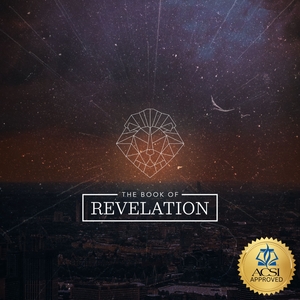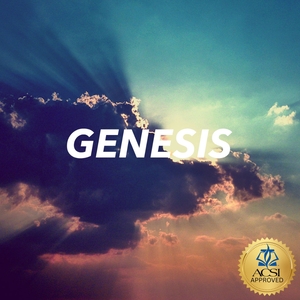From reading 1st Thessalonians, why would Christ raise dead decayed bodies from the graves only to give them glorified bodies? What does this mean for those whose bodies have been cremated?
We believe you have misunderstood Paul's words in 1 Thessalonians 4 and the nature of resurrection itself. In 1 Thessalonians 4 Paul writes:
1Th. 4:15 For this we say to you by the word of the Lord, that we who are alive and remain until the coming of the Lord, will not precede those who have fallen asleep.
1Th. 4:16 For the Lord Himself will descend from heaven with a shout, with the voice of the archangel and with the trumpet of God, and the dead in Christ will rise first.
When Paul says "the dead in Christ will rise," he is not describing the old physical body returning to life. Paul is describing the process of a person receiving a new, eternal body. They are "rising" in the sense that they are returning to occupy a physical body again as they once did before, but they are not returning to their old body.
In fact, we can't return to our old body following death nor would we want to do so. Our old body has returned to dust as God commanded:
Gen. 3:19 By the sweat of your face
You will eat bread,
Till you return to the ground,
Because from it you were taken;
For you are dust,
And to dust you shall return.”
Moreover, we would never want to return to our old body again, because the body we occupy now is corrupt, weak and unable to enter the presence of God because of sin. Therefore it must be replaced by a new, eternal, sinless body, which will be a completely different body than the one we posses now.
In 1 Corinthians 15, Paul describes the process of resurrection in this way:
1Cor. 15:35 But someone will say, “How are the dead raised? And with what kind of body do they come?”
1Cor. 15:36 You fool! That which you sow does not come to life unless it dies;
1Cor. 15:37 and that which you sow, you do not sow the body which is to be, but a bare grain, perhaps of wheat or of something else.
1Cor. 15:38 But God gives it a body just as He wished, and to each of the seeds a body of its own.
1Cor. 15:39 All flesh is not the same flesh, but there is one flesh of men, and another flesh of beasts, and another flesh of birds, and another of fish.
1Cor. 15:40 There are also heavenly bodies and earthly bodies, but the glory of the heavenly is one, and the glory of the earthly is another.
1Cor. 15:41 There is one glory of the sun, and another glory of the moon, and another glory of the stars; for star differs from star in glory.
1Cor. 15:42 So also is the resurrection of the dead. It is sown a perishable body, it is raised an imperishable body;
1Cor. 15:43 it is sown in dishonor, it is raised in glory; it is sown in weakness, it is raised in power;
1Cor. 15:44 it is sown a natural body, it is raised a spiritual body. If there is a natural body, there is also a spiritual body.
1Cor. 15:45 So also it is written, “The first MAN, Adam, BECAME A LIVING SOUL.” The last Adam became a life-giving spirit.
1Cor. 15:46 However, the spiritual is not first, but the natural; then the spiritual.
1Cor. 15:47 The first man is from the earth, earthy; the second man is from heaven.
1Cor. 15:48 As is the earthy, so also are those who are earthy; and as is the heavenly, so also are those who are heavenly.
1Cor. 15:49 Just as we have borne the image of the earthy, we will also bear the image of the heavenly.
1Cor. 15:50 Now I say this, brethren, that flesh and blood cannot inherit the kingdom of God; nor does the perishable inherit the imperishable.
Paul says our current body (i.e., the "natural" body) is appropriate for this fallen world, but it is incapable of entering the next existence with Christ. The natural body is stained by sin, and since the wages of sin is death, our old body dies. Paul says the believer's corrupt natural body must be replaced by a new, eternal body destined to live forever in glory with Christ.
Notice in this passage how often Paul uses the term "raised" to describe our entry into this new body at our resurrection. Just as he did in 1 Thessalonians 4, Paul is using the term to describe the giving of a new physical body in place of the old. In neither passage does mean that our old, corrupt body is literally "rising" out of the grave, for as Paul explained in 1 Corinthians 15, our old body cannot enter Heaven.
For a more detailed understanding of resurrection, please listen to Pastor Armstrong's teaching on 1 Corinthians 15 in Lessons 15C, 15D, and 15E available here.
Scripture quotations taken from the (NASB®) New American Standard Bible®, Copyright © 1995, 2020 by The Lockman Foundation. Used by permission. All rights reserved. www.lockman.org








